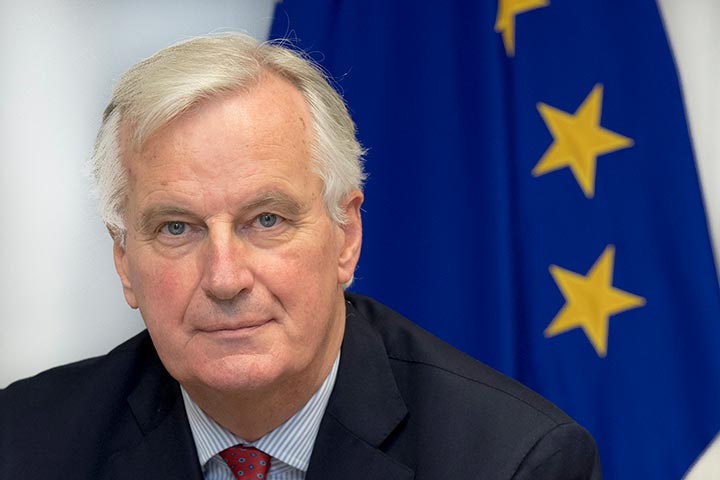The British government is planning to announce a new deadline of 15 October for an agreement in talks with the EU over the terms of Brexit, the Financial Times reports.
In the absence of an agreement, the UK would essentially leave the EU at the end of the year without any trade agreement at all.
The EU’s chief Brexit negotiator Michel Barnier is due to arrive in London tomorrow for the latest round of talks to determine under what conditions the UK will continue to trade with the Union after the transitional period is over from 2021.
However according to the FT, based on information from three unnamed sources, the UK plans to set a new deadline of 15 October for the conclusion of talks, so that the deal agreed can be ratified by parliament.
The deadline is by any measure impossible to achieve. At the last round of talks last month, Barnier came away reporting “no progress”.
And at the weekend UK negotiator David Frost issued some combative remarks to the staunchly pro-Brexit Daily Mail in which he pledged the UK would not become a “vassal state” of the EU and spoke of not being prepared to give the EU “control over our money or the way we can organise things here in the UK”.
Should the 15 October deadline fail to be met, as it almost certainly will, the UK will leave the EU without a deal, at which point the rules of the World Trade Organisation (WTO) would apply, placing tariffs on British goods entering the Union, and putting Britain on the same footing as many – but not all – non-EU states.
The FT’s sources say the UK government of Boris Johnson has a last-minute offer for Barnier: grant the UK the same trade deal as Australia.
But the situation between the EU and Australia is far form being concluded, and while some technical details have been worked out, trading is essentially still being carried out on WTO terms.
One way or another, Australia or no-deal, the result comes down to the same thing.
To make matters worse, Johnson is expected on Wednesday – the day after Barnier arrives – to present his government’s new plan for legislation for post-Brexit. And that, the FT said, includes some provisions which clearly reverse the terms of the Withdrawal Agreement, including state aid and customs provisions in Northern Ireland.
"The collapse of the withdrawal agreement would jeopardise the rights of EU citizens in the UK and Britons abroad in the absence of cast iron unilateral guarantees from the UK and EU respectively," commented Roger Casale, a former British MP and Secretary General of citizens’ rights NGO New Europeans.
Alan Hope
The Brussels Times

